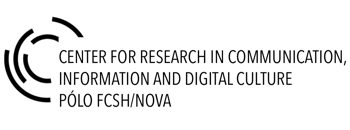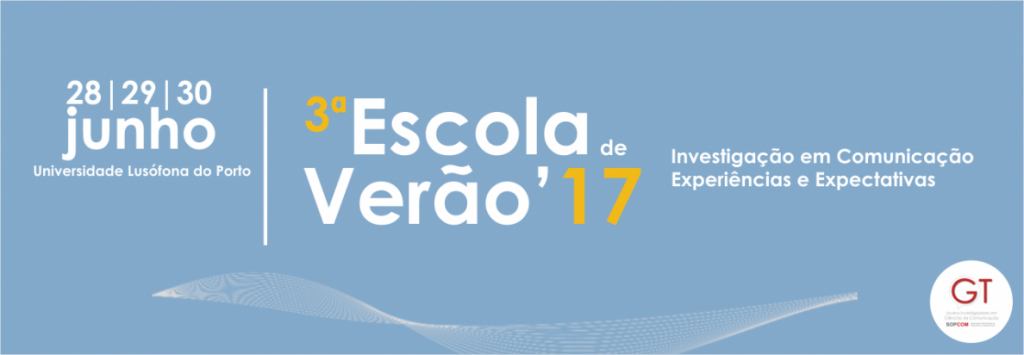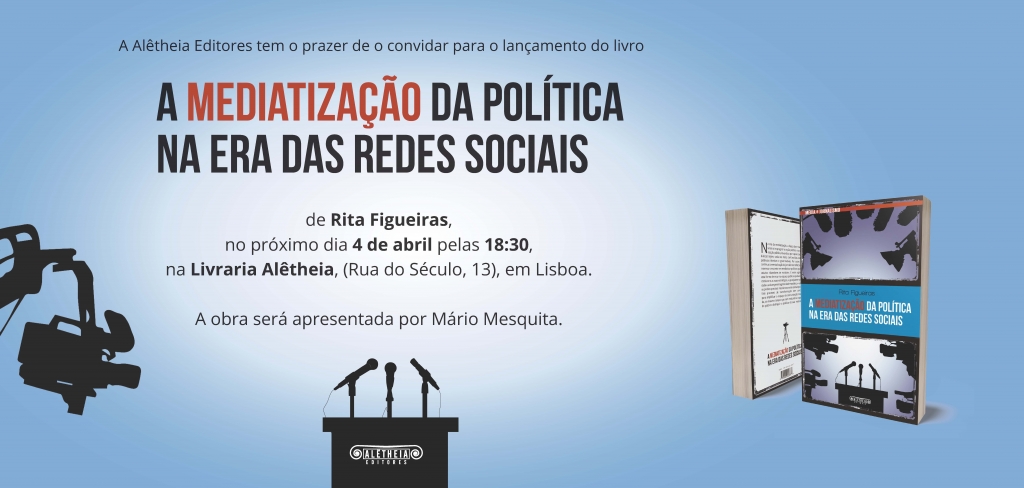Call for papers: /TMG – Journal for Media History: New Cinema History in the Low Countries | Deadline: 1 June 2017
In 2006 /TMG – Journal for Media History/ published the special issue “Cinema in Context”. It contains some of the earliest theoretical reflections on and results of the broad approach of cinema historiography that is currently often labelled as “New Cinema History”. In 2003 an international group of film historians created the platform HoMER (/History of Moviegoing, Exhibition and Reception/). Instead of taking films as the starting point and focus of research, these scholars shifted the agenda to the contexts of film production, distribution and consumption, broadening the perspective to social and economic aspects. Digital data collections and methods (databases, GIS) are often part of New Cinema History research.
Over a decade after the special issue, New Cinema History has developed into a substantial sub field of media history, as is evidenced in series of conferences, research projects and many publications. At the end of 2017 the/Routledge/ /Companion for New Cinema History/ is expected to appear. The editors of /TMG – Journal for Media/ /History/ view this as a suitable moment to reflect on the question what this broad contextualizing approach has taught us about the cinema history of the Low Countries. Where are the blind spots and lacunae of New Cinema History? Which new research questions have arisen or should be introduced in the current debates? In brief, an evaluation of results and methods, and a prospect to the future research programme of New Cinema History. Contributions can consist of concrete (comparative) case studies or can be more theoretical or historiographical reflections.
*Editors*: Clara Pafort-Overduin (c.pafort-overduin@uu.nl <mailto:c.pafort-overduin@uu.nl>) & Thunnis van Oort (thunnisvanoort@yahoo.co.uk <mailto:thunnisvanoort@yahoo.co.uk>)
*Deadline proposal*(approximately 300 words): 1 June 2017
*Deadline article*(6.000-8.000 words): 1 November 2017
*Publication date*: 1 May 2018
*Language*: Dutch and English
*About the journal*: /TMG – Journal for Media History/wants to promote research in media history and publish the results of that research. It offers a platform for original research and for contributions that reflect theory formation and methods within media history.//The journal is published online in open access, twice a year. /TMG – Journal for Media History/ uses a double blind peer review procedure: the authors do not know the identity of the reviewers, and vice versa. See: www.tmgonline.nl<http://www.tmgonline.nl/>.


